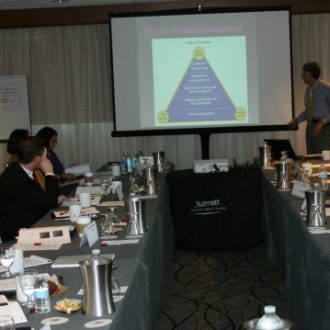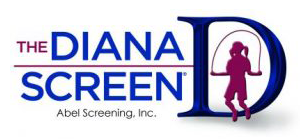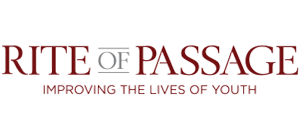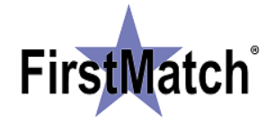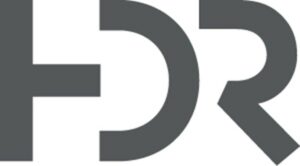The Council of Juvenile Justice Administrators
CJJA fulfills its mission through educational activities and programs as well as research and technical assistance projects. Education activities include a series of annual meetings for members offering sessions on best practices and evidence-based approaches. The meetings convene leaders from each state and selected large counties to share information, identify issues and strategies to address them and form a national voice for system-involved youth.
Education activities also include presentations at conferences hosted by other national organizations and disseminating written materials to the public and policymakers about key issues in juvenile justice, describing the youths and their needs and the system’s successes and shortcomings

